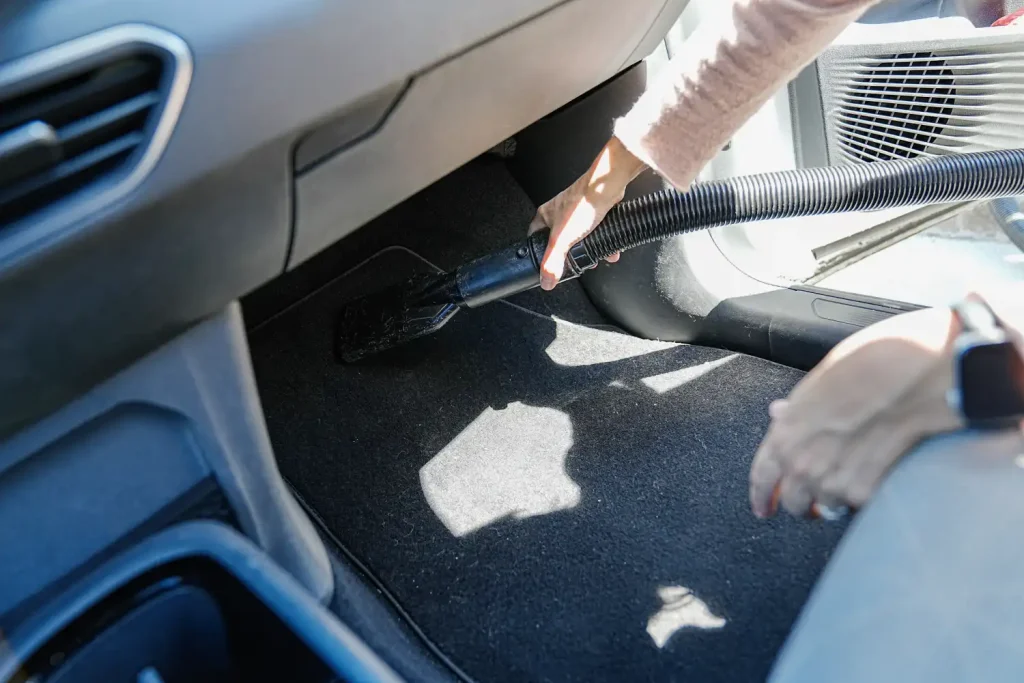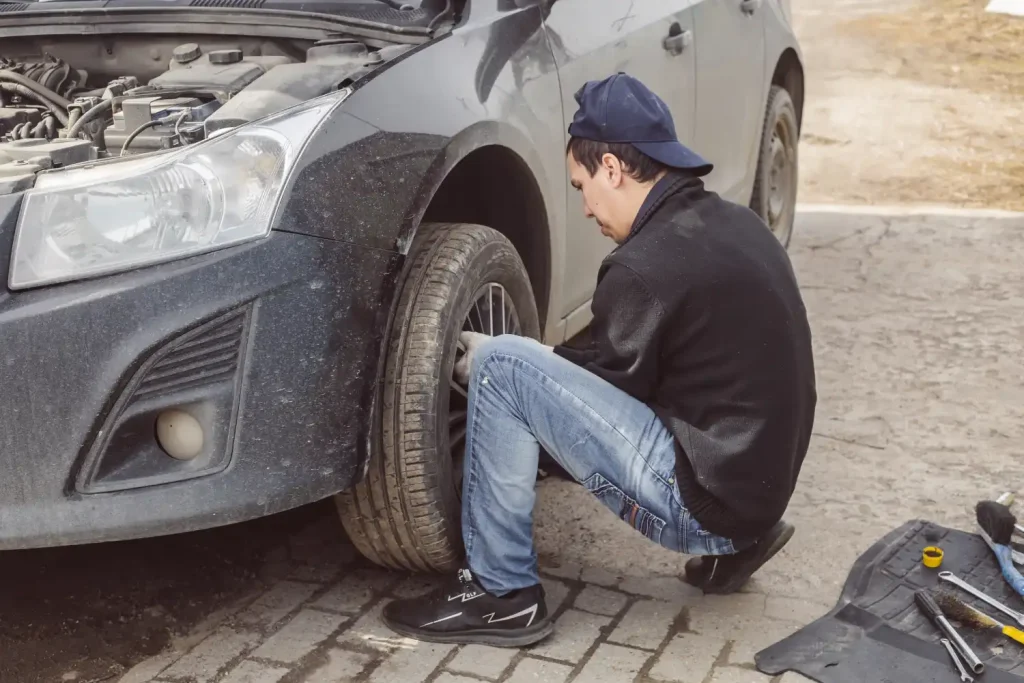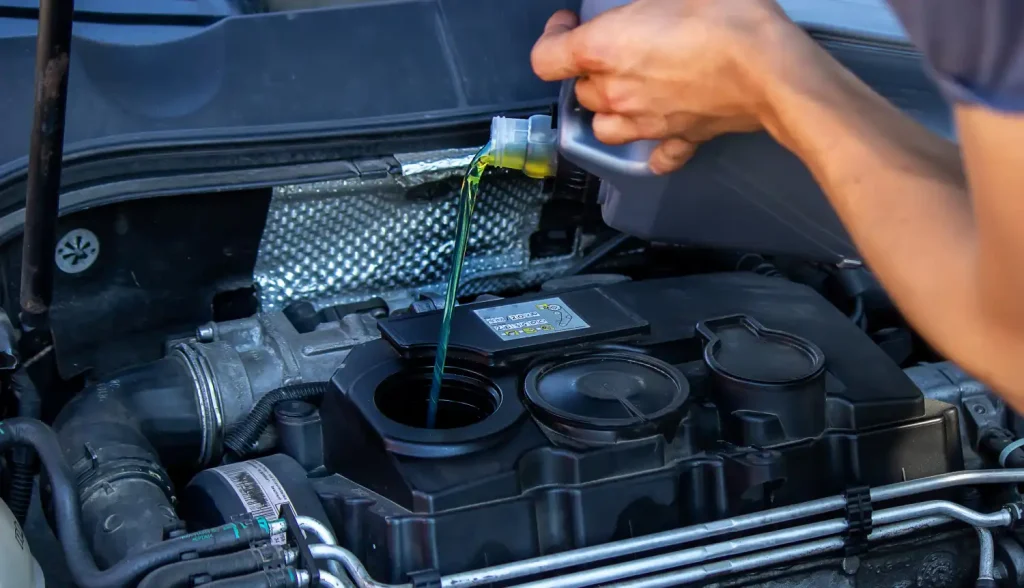
Every day, hundreds of taxi drivers take to the road to provide services to their customers. However, in order to transport passengers safely and comfortably, they should take good care of their vehicles. Car care is not just about aesthetics, but mainly about safety and reliability.
Vehicle preparation taxi services before each ride involves several steps. From checking the roadworthiness, to cleaning the interior, to making sure you have enough fuel. These tasks not only prolong the life of the car, but also increase customer satisfaction.
Inspection of Technical Condition
Before starting work, taxi drivers check the technical condition of their vehicle. They check the condition of the tyres, braking system and lights. They also regularly check the oil, coolant and brake fluid levels. In this way, they prevent potential problems on the road.
Interior Maintenance and Cleaning

Taxi drivers regularly clean and maintain the interior of their vehicle. They vacuum the seats and floor, clean the windows and disinfect the touch surfaces. They also adjust the air conditioning and check that everything is in order for the comfort of the passengers.
Running a wet cloth over the seats, wiping the centre console and dashboard is also routine. This whole procedure is carried out before each shift starts. This is because more than 30 people can be in a taxi vehicle in a day, so the vehicle gets dirty much faster than a regular car. It is also common to wipe minor dirt off the seats, shake out the carpets or wipe the doors during the shift. Especially when transporting ladies, touch surfaces such as door handles or door plastics tend to get dirty due to the application of various hand creams or makeup on the hands.
Once a month, the vehicle undergoes a major cleaning, which includes cleaning of car seats, carpets and other areas of the vehicle.
Exterior Modifications and Cleaning
Exterior cleaning is equally important for taxi drivers. They wash the bodywork, check the condition of the paintwork and clean the headlights. They also keep the wheels clean and regularly check the stickers to keep them looking presentable.
Especially in the summer season, insect dirt often builds up quickly on the windscreen during night drives out of town, so more frequent washing at touchless car washes is needed. Such soiling can impair visibility due to reduced glass clarity and various light reflections, so it is important to keep the windscreen clean.
Tyre condition
Emphasising tyre quality is a must for every taxi driver. Tyres must not be worn and must have a tread of at least 1.6 mm, which is the legal minimum. Tyre pressure checks are carried out daily to prevent punctures and improve fuel efficiency. Wheel bolts must be tightened firmly to prevent loosening which could lead to an accident.

Lights And Lighting Control
Functional lights are crucial for safe driving, especially at night or in low visibility. Front, rear, brake and turn signals are checked before each journey. If a particular light is not working properly, the taxi driver will replace it to ensure the safety of passengers and other road users.
Focusing on these aspects helps taxi drivers to provide safe and reliable transport for their customers, every day.
Regular Service And Maintenance
Taxi drivers carry out regular service inspections to prevent technical breakdowns. The intervals of these checks depend on the vehicle manufacturer, but they are usually carried out every 10 000 to 20 000 kilometres. The service includes an oil change, a brake check and an inspection of the general condition of the vehicle. A properly serviced vehicle not only ensures safety on the road, but also comfort for the occupants.
On our roads, the most stressed and most frequently repaired parts on the chassis, which includes the thumpers, shims and power blocks, directly affect the ride quality. Damaged silent blocks also cause unpleasant vibrations and noise while driving, reducing comfort for passengers and the driver.
An important part of the service inspection is also the replacement of filters - air, fuel and oil filters. These ensure that the engine runs efficiently and with minimal wear. Often, spark plugs and other worn parts are also changed as part of the service to ensure that the vehicle is not subjected to unexpected breakdowns that could disrupt operation.

Checking Oil Levels And Other Liquids
Checking the oil level is important for taxi drivers. They measure the oil level before every trip to prevent engine damage. Lack of oil can lead to serious technical problems and high repair costs. In addition, taxi drivers also monitor other fluids in the vehicle on a daily basis, such as coolant, brake fluid and washer fluid. Adequate levels of all these fluids contribute to the smooth functioning of the vehicle and greater comfort for passengers.
Personal Driver Preparation
Before the start of each work shift, taxi drivers need to prepare not only for the ride, but also for a full day behind the wheel. In this way, they maximise their productivity and ensure the comfort of their passengers. Drivers can often be found shopping at the store before their shift, buying various things like water, coffee, energy drinks, food, or small sweets.
Sufficient Rest
Rest is the key to safe driving. Taxi drivers always try to recover enough to be alert while on duty and avoid fatigue behind the wheel. If they feel tired, a short rest of 15-20 min will often help to regain energy and increase focus.
Conclusion
Taking care of the vehicle before the working day is essential for taxi drivers. Regular roadworthiness checks, interior and exterior cleaning and ensuring sufficient fuel contribute to safety and reliability on the road. Details such as checking tyres, brakes and lights minimise risks and increase efficiency.
Preventing technical breakdowns through regular servicing and fluid checks ensures the smooth running of the vehicle. Taxi drivers' personal preparation, including proper diet, hydration, quality sleep and physical activity, is equally important for their performance and safety on the road.
These procedures enable taxi drivers to provide a quality service and guarantee customer satisfaction.